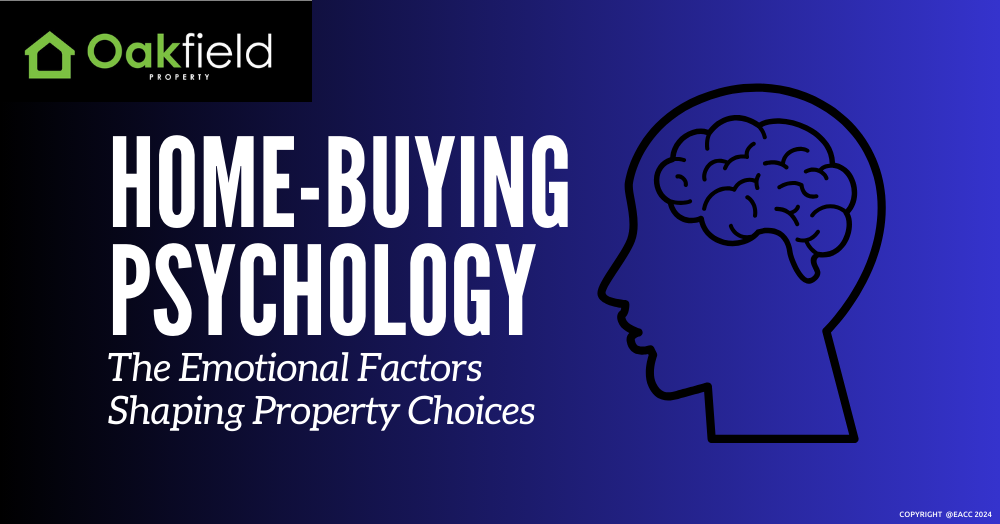
Inside the Buyer’s Mind: Emotional Triggers in the Home-Buying Process
In this quick article we look at the emotional triggers in the home buying process. Buying a home is not just a financial transaction.
Inside the Buyer’s Mind: Emotional Triggers in the Home-Buying Process
We’re estate agents, not mind magicians like Derren Brown, but recently, we’ve been delving into the psychological aspects of home buying.
It’s fascinating stuff.
For sellers, it can offer invaluable insights, helping them better understand how they (and their estate agent) can achieve the best possible price for their home.
Buying a home is not just a financial transaction; it’s a deeply emotional journey influenced by many psychological factors.
Let’s investigate some of these.
The emotional connection
At the heart of every home purchase is an emotional connection. Buyers are often driven by the vision of their future lives in a new home. It’s not just about the number of bedrooms or the size of the garden; it’s about the potential for creating memories, the sense of safety and the promise of a new beginning. Sellers can tap into this emotional aspect by highlighting features that enhance the lifestyle appeal of the property – a cosy fireplace for family gatherings, a serene garden for relaxation or a spacious kitchen for entertaining.
The impact of first impressions
First impressions are crucial in the home-buying process. A buyer’s initial reaction to a property can set the tone for their decision-making process. This is where home staging and kerb appeal come into play. A well-maintained exterior, a tidy garden and an inviting entrance (think clean welcome mat and uncluttered hallway) can create a positive first impression, making the buyer more inclined to view the property favourably.
The desire for perfection
Many buyers search for their ‘perfect’ home, which often means different things to different people. Some prioritise location, others size or design. Understanding these individual preferences is vital. As estate agents, it’s our job to listen carefully to our clients’ needs and desires, guiding them towards homes that best match their vision of perfection.
The fear factor
Fear of making the wrong decision can be a significant psychological barrier for buyers. The fear of overpaying, the property losing value, or discovering hidden problems post-purchase can cause anxiety. A good estate agent will provide clients with comprehensive, accurate information and address their concerns, which can help alleviate these fears. This helps the seller achieve the best possible price.
Understanding the psychology behind home buying isn’t just interesting – it’s very valuable.
Of course, we’re not suggesting that people can be psychologically swayed into buying a home – they can’t – and it would be wrong to even try that approach.
But a good estate agent recognises the power of emotions to help buyers realise the true potential of a property they’re interested in.
And if you’re considering selling, that’s serious food for thought.
If you have any questions about selling or buying in Flintshire and the surrounding area this year, feel free to contact us on 01244 548182 – we’re here to help.